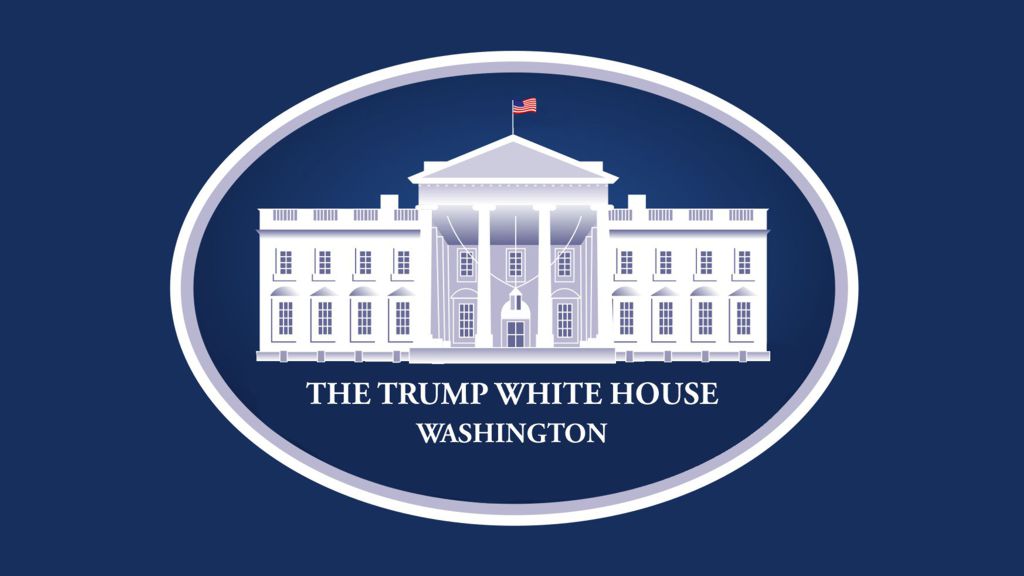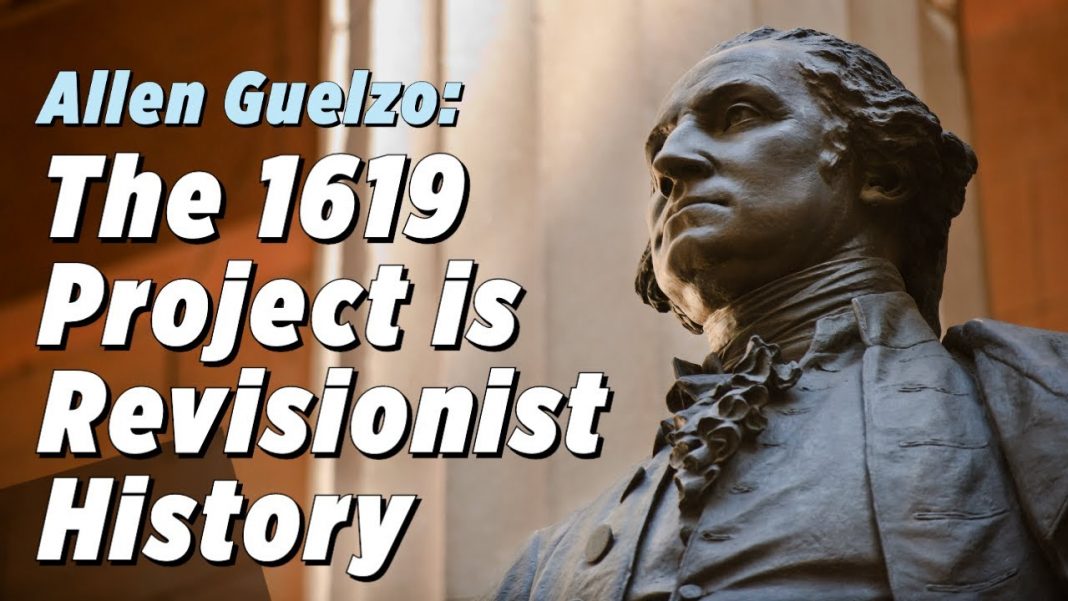Cabinet Room
1:06 P.M. EDT
THE PRESIDENT: Okay. Thank you very much. We’re here talking about Opportunity Zones and other things having to do with economic development and also the inner cities. And Tim Scott — Senator Tim Scott of South Carolina has been with us on Opportunity Zones from day one. He first approached me and he mentioned it, and I loved the idea. And who knew it was going to be so successful, Tim. Right?
SENATOR SCOTT: Tremendous.
THE PRESIDENT: So it’s —
SENATOR SCOTT: Thank you for your support.
THE PRESIDENT: Well, thank you for your support and for your knowledge.
And if I might, I’d like to have Tim start off by saying a few words, and then Scott Turner, executive director, has done an incredible job. And, Scott, we’d like to hear from you too, okay?
Tim, please.
SENATOR SCOTT: Well, thank you, sir. Mr. President, thank you for your commitment to all Americans. And truth be told, your commitment has gone beyond the voting booth. You’re helping people because they’re Americans, and you don’t care whether they’re Democrats or Republicans, whether they’re black or white, whether they’re up or they’re down, whether they’re rich or they’re poor. Your focus is making sure that America is healthier as we come out of this COVID-19. And I thank you personally for your support of all people, but specifically to the underserved community.
And what we have before us today, sir, is a way for us to improve the economic outcomes, to improve the health outcomes, and in the long view of what we think is in the best interest of connecting people to the opportunities that will change their lives. And from an economic development perspective, I always think about capital and competency. The more access to capital you have, the more competent you will be long term.
And the way that we have put structure together, it really provides people with more access to capital. The PPP has been a classic example of improving and expanding access to capital in such a way that businesses continue to succeed. Health outcomes — there are a myriad of ways of talking about it. I like to think about it from a testing and telemedicine — testing in the most vulnerable communities.
I think the emphasis has been on the nursing homes — we’ve learned a lot about that — and then those communities that have two or more health conditions — underlying health conditions. We see the highest hospitalization with our senior population as well as those folks with two or more comorbidities.
And so as we focus on testing and telemedicine, we’re creating access in the rural parts of our country in a way that we have not before. And you have led with real force on that topic, and I truly appreciate that.
And on the last one — the long-term structural change — I look at it from a connectivity perspective and choice perspective. So the connectivity — broadband — being incredibly important. I’ve heard you talk about that a thousand times, if I’ve heard you talk about it once. And then from a choice perspective, whether it’s charter schools or school choice, we have an opportunity to continue to change lives, and you’ve led on all those fronts. And I think we’re going to see tremendous impact.
And certainly, my baby, of course, is opportunity zones.
THE PRESIDENT: Right.
SENATOR SCOTT: You have been front and center. And I’m sure Scott is going to talk a lot about Opportunity Zones. But you have assembled the kind of firepower that our nation needs at a critical time. It’s one of the reasons why we’re going to have a V-shape as we hit August, September, October, November, in this economic recovery.
THE PRESIDENT: Well, I think so. And you’re seeing it maybe today for the first time, where not only are the markets up tremendously, but we’ve had tremendous — tremendously good and positive information on therapeutics, on cures, and on vaccines —
SENATOR SCOTT: Yes, sir.
THE PRESIDENT: — from some of the most respected companies in the world, and researchers and doctors and labs. And that’s coming in, and I think you’re very close to having a very, very positive situation. And, you know, with it understood — and we always talk about it, Tim — when you lost one person to this, it’s too many — just too many. And we’re talking about thousands and millions of people throughout the world, on something that should have never happened.
SENATOR SCOTT: Absolutely.
THE PRESIDENT: It should’ve been stopped in China. It should’ve been stopped at the source. But it happened.
But they’re coming out with tremendous — it’s incredible what they can do. And I’ve seen results, and the results are staggeringly good. So, I’m very happy.
And the market is up very big, and I think you’re going to have a “V.” I think it’s going to be terrific. I think we’re going to have a transition in the third quarter, Ben, and the transition is going to lead to a very good fourth quarter. And I think we’re going to have a year next year — because of all the stimulus and everything else, and the pent-up demand — like you haven’t seen in a long time.
SENATOR SCOTT: Oh, my gosh, 2021 is going to be amazing.
THE PRESIDENT: And the stock market is not very short of where it was with all that we went through. It’s — and that means a lot of smart people are looking and they’re saying, “We’re coming back. And we’re coming back to that level.” I think we’re going to come back to greater than that level.
And we’ve learned a lot. One of the things we’ve learned is being reliant on ourselves. Don’t be reliant on other countries that, frankly, maybe have different agendas. And frankly, there are plenty of them out there, so it’s one of those things.
So this is a very big day. This feels much different than Friday. Friday is a different feeling than today. This is a very positive day.
Ben Carson, would you like to say a few words?
SECRETARY CARSON: Well, first of all, thank you for redirecting us. You know, it was three weeks ago when you said the White House Opportunity and Revitalization Council should refocus — not get rid of, but add to its plate focusing on those individuals who are disadvantaged and who have suffered the most.
And I think this epidemic that we’re going through right now focused the light on the fact that there were some people who had significant disparities that put them at increased risk for the disease.
So you asked us to really get to the bottom of that. And it’s not just the fact that people have hypertension and diabetes and obesity and asthma. It’s the things that create an atmosphere where those things flourish.
THE PRESIDENT: Right.
SECRETARY CARSON: And so we’ve been really concentrating on getting at the underlying causes. And I think, first of all, you know, between myself and Ja’Ron, Jared, and a few others, we’ve talked to hundreds of thousands of stakeholders across the country in various communities to find out from them what their perspective was, particularly in terms of the CARES Act and how it was impacting them and what could be done differently.
And we have discovered some things which we are in the process of correcting. Some of it will require legislative help, and, you know, Senator Scott is all over that. So I think that’s going to get done. And the staff in all the agencies — you have 17 different agencies and councils who have been very much involved. Secretary DeVos have been very involved, particularly with the education, the broadband.
THE PRESIDENT: Good.
SECRETARY CARSON: The fact that this whole pandemic has changed a lot of things. But we are looking for positive ways to take advantage of that. For instance, with education, now it’s going to be possible to take the best biology teacher and put them in front of a million students instead of 30 students. So a lot of those people who were not getting a good education, if we do this the right way, we can provide an excellent education for them.
THE PRESIDENT: That’s right.
SECRETARY CARSON: Same thing for workforces. So we’re looking at ways that we can take advantage of all these things. And this has been done very rapidly. Three weeks ago, you asked us to do this. And I just want to thank all the people who’ve been involved, all of the primaries and the various agencies. Everybody has been incredibly responsive. And this is going to get done.
THE PRESIDENT: Good. Thank you, Ben. Good job too. Thank you very much.
Scott Turner, would you say a little bit about Opportunity Zones and how that’s all going?
MR. TURNER: Yes, thank you. And, Mr. President, I want to thank you for the opportunity to — really to not just be a part of the team, but to lead and to shepherd the White House Opportunity and Revitalization Council.
We were with you last in December when we had to do the one-year report, and now we are at a point to where we have a very strong foundation because of Opportunity Zones. And, as you know, we’ve traveled to over 60 cities across the country to convene stakeholders from the community — from businesses, education, faith leaders, elected officials — to convene at a table just like this to talk about, “Hey, what is the pain of the community? And what is the promise and the potential of the community?”
And those convenings have proven to bear a lot of fruit and given us, really, what we need from a partnership standpoint, from a coalition standpoint, and from a foundation standpoint now that we can go by your leadership and refocus, in the council, to go and implement these policies that we see here before us in our country. As you know, distressed communities generationally have been behind. And now, with the COVID and the recovery, you know, they have been severely hit. But we’re not discouraged from it, Mr. President. We are not discouraged, we’re not wavering, because we know that we have a strong team, we have great policies and — with your leadership and administration.
And Dr. Carson — Secretary Carson alluded to the agencies that are on the council. And everyone is passionate and compassionate about not just helping, but seeing our citizens across America in distressed communities thrive, from an entrepreneurship standpoint, from an economic standpoint, and really the spirit of this law.
And, Senator Scott, thank you for your leadership. Economic development and community social impact — and that’s what’s been going on across our country.
Yes, COVID is here, but our mission and the spirit is still the same, and now we’re just going to ramp it up.
THE PRESIDENT: Great.
MR. TURNER: You know, and keep going.
THE PRESIDENT: Thank you, Scott.
MR. TURNER: You’re welcome.
SECRETARY CARSON: And, Mr. President, this — this is —
(Secretary Carson presents a document.)
MR. TURNER: Yeah, that’s the best practices.
SECRETARY CARSON: Best practices. It shows you what’s going on in all the Opportunity Zones. It’s absolutely astonishing.
THE PRESIDENT: Very good.
SECRETARY CARSON: It’s very entertaining reading.
THE PRESIDENT: Very good.
SECRETARY CARSON: But you’d be amazed at what’s going on.
THE PRESIDENT: That’s good reading. Look at that. That’s good reading. (Laughter.) Let me just see something. Sixty-seven pages like that. (Laughter.) I don’t know. I’m not sure, Brooke, if I’m going to get to read all of it.
MS. ROLLINS: It looks —
THE PRESIDENT: But I’m going to try.
MS. ROLLINS: It looks — yeah, very stimulating.
THE PRESIDENT: I’m going to try.
MS. ROLLINS: For sure.
THE PRESIDENT: Brooke, you have a few words?
MS. ROLLINS: You know, I’ve —
THE PRESIDENT: Congratulations, by the way.
MS. ROLLINS: Oh, Mr. President, thank you so much. I think it’s really important to note that, just two and a half months ago, at the end of February, we were celebrating, I think, African American History Month. And we had over 800 African American leaders from around this country — of course, pre-COVID. And we — you stood up in front of that group of men and women and you talked about that. In just a few years, we had the lowest poverty rate in the history of our country for our African American population, our Hispanic population, our veteran population, our high school graduate population, our people with disabilities.
It was a remarkable time. And to be able to, sort of, celebrate that without knowing where we would be 10 weeks from that day, but now we know where we are. And looking back at what you were able to do with this country and lifting the forgotten Americans who are forgotten no more.
Now they’re in a tough spot again, but this is what this effort is entirely about — led by Dr. Carson, Senator Scott, and Scott Turner: How do we bring that prosperity not just back, but to even greater heights than it’s ever been before? I know you like to use the “transition to greatness,” and I think that’s 100 percent accurate in this case, and this is what this entire effort is about.
So thank you for convening this. Thank you for the redirection. And I know we’re all really excited.
THE PRESIDENT: We’ll bring it back.
MS. ROLLINS: Yes, we will.
THE PRESIDENT: We’ll bring it back.
MS. ROLLINS: Yes, we will.
THE PRESIDENT: Larry Kudlow, please.
MR. KUDLOW: Just to add to what the others have said, I think it’s a great project. I backed it wholeheartedly since the beginning. And Brooky mentions the low poverty rate we had before the virus struck and the low unemployment rate — and the low unemployment rate.
And one of the things I love about this initiative is we can spread prosperity and opportunity to every corner of the economy — every single corner of the economy: those who are underserved, those with poverty pockets. We can attract capital. We’re going to use private investment capital as the linchpin of this, and it will be rewarded in a number of different ways.
So, again, you rebuilt this economy. All right? We got hit by the virus. You’ll rebuild the economy again.
And you know what, sir? Besides the stock market, there are little glimmers. I don’t want to downplay the heartbreak because the numbers are not good for this quarter — bad, bad pandemic contraction — but there are little glimmers. A lot of the unemployed are temporary. We’re seeing evidence that gasoline demand is higher, that the Apple mobility charts are higher. That means more people are driving. We’ve seen the New York State Manufacturing Survey rise substantially. So there are little glimmers of hopes here and there.
THE PRESIDENT: A lot of things — a lot of things happening. Oil is —
MR. KUDLOW: Yes, sir.
THE PRESIDENT: — back up to a point where the energy industry is going to be — it may be in very good shape very soon.
MR. KUDLOW: Yeah.
THE PRESIDENT: So a lot of very important things are happening, and then the stock market sees it.
MR. KUDLOW: Yeah.
THE PRESIDENT: And that’s why the stock market is up so big. So it’s very good.
MR. KUDLOW: Thank you, sir.
THE PRESIDENT: Thank you all very much. Thank you.
END
1:20 P.M. EDT








